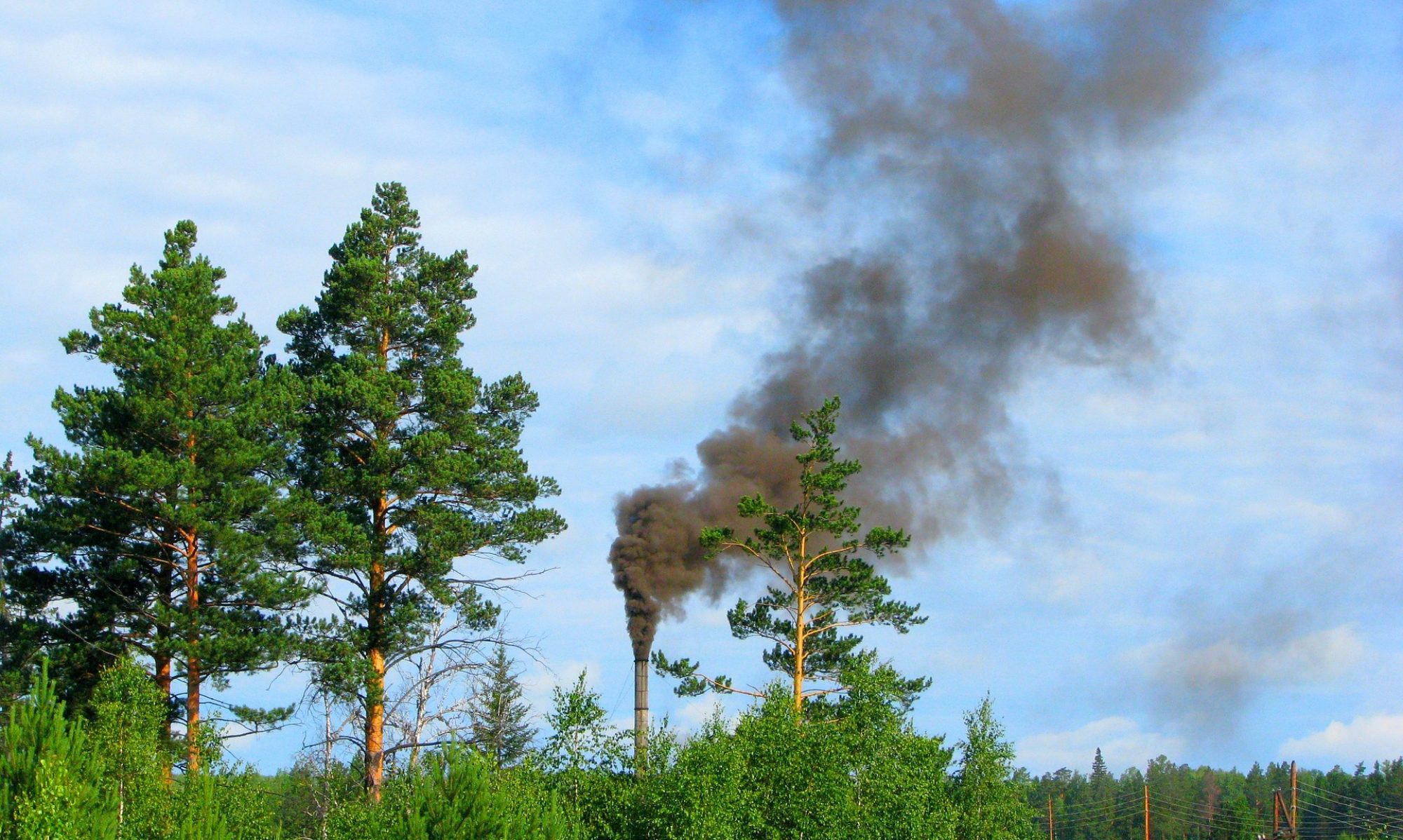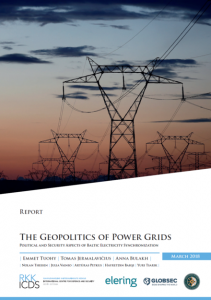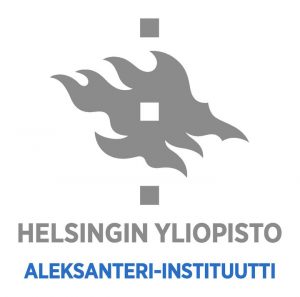Geography, Environment, Sustainability journal published an article “Indicators for digitalization of sustainable development goals in PEEX program” written by Sergey N. Bobylev, Olga Yu.Chereshnya, Markku Kulmala, Hanna K. Lappalainen, Tuukka Petäjä, Svetlana V. Solov’eva, Vladimir S. Tikunov and Veli-Pekka Tynkkynen.
This article describes the Pan-Eurasian Experiment (PEEX) program and
indicators for monitoring of implementation and digitalization of Sustainable Development
Goals (SDG) in Russia, especially environmental goals. The authors considered the
possibility of integration and identification of the methodological approaches of the
socio-economic research to environmental sciences. Paper gives insights into the
international framework of the United nations, addreses several relevant indicators to be
monitored in a Russian perspective and summarizes shortly the status of the monitoring
activities and provide an overview on the main tasks for the upcoming years to reach the
sustainable development goals established by the United Nations. The tasks to which
the Goals divided are considered in detail. The indicators of Russian statistics that can be
used to monitor the implementation of these tasks are determined. It is shown, that more
detailed regional analysis and new data is needed in order to quantify the feedbackloops.
The article is available online.






